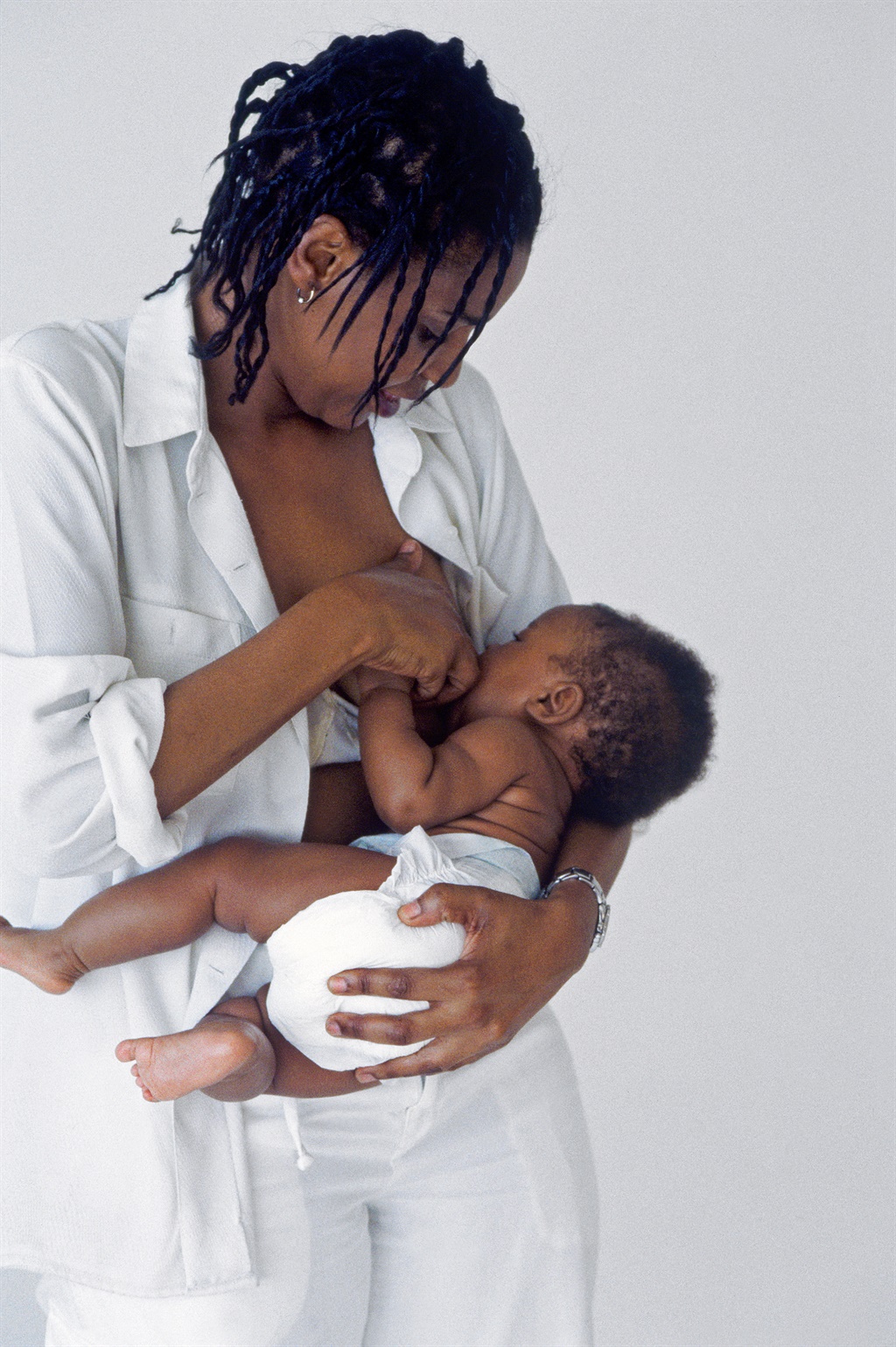
The Breastfeeding Series, an evidence-based report published in medical journal, The Lancet, found that “breastfeeding is consistently associated with higher performance in intelligence tests in children and adolescents.”
This increase in intelligence quotient (IQ) scores is linked directly to higher earnings throughout adulthood.
“Breastfeeding is an incredibly cost-effective investment in the future of our society. Its positive effects last throughout adult life,” says Stasha Jordan, breastfeeding activist and executive director of the SABR.
Breastfeeding also has long-term health benefits for children.
The Lancet reports breastfeeding reduces the incidence of type 2 diabetes by as much as 35% and the incidence of obesity by 13%.
This, in turn, reduces the burden on the public health systems which frees up resources.
“Breastfeeding reduces infant morbidity and mortality, increases IQ score, improves school achievement, and boosts adult earnings — all essential for reducing poverty,” says Keith Hansen, Vice President for Human Development at the World Bank.
Despite the growing weight of this evidence, women face multiple challenges when it comes to breastfeeding.
These include insufficient maternity leave in particular, as well as a lack of support from government and employers to provide child care on site in order to facilitate continued breastfeeding in the workplace.
The promotion and protection of breastfeeding is a collective societal responsibility and not only the sole responsibility of women.
Women comprise a major proportion of the work force and political institutions should consider removing the structural and societal barriers which limit a woman’s ability to breastfeed.
These challenges are particularly acute in South Africa.
“Breastfeeding should continue until at least 12 months, but our society and government don’t support exclusive breastfeeding up to six months,” says Professor Delport, an expert on neonatal care.
“Statutory maternity leave is only 4 months and mothers are not supported to breastfeed at work. As such, we have a dismal exclusive breastfeeding rate of just 8% by the age of 6 months,” she adds.
Diarrhoea and respiratory infections - the main causes of sickness and death in children younger than five years old - can be reduced by half and one-third respectively, by breastfeeding.
Scaling up breastfeeding to near universal levels would prevent 823 000 deaths annually in low-income and middle-income countries.
Despite the immeasurable health, economic and environmental benefits of breastfeeding, the practice is not adequately promoted, protected or supported.
As a result our children, women and societies lose out on these benefits.
And the irony is that breastmilk is completely free.
The SABR is a case in point in the struggle to feed vulnerable infants with human milk when their mothers are unable to lactate successfully.
















